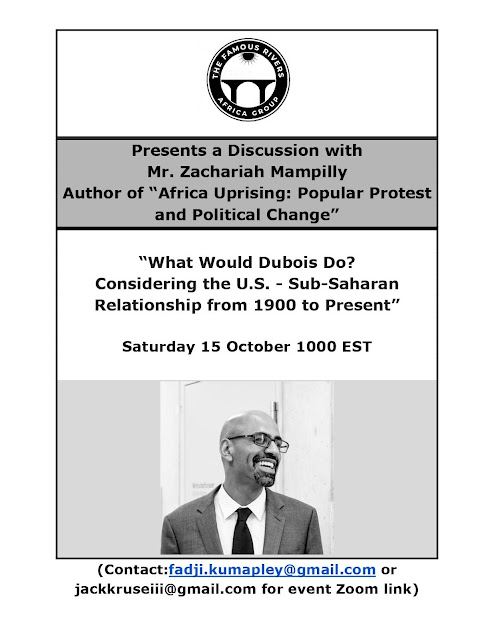Book Summary from Fadji:
In retrospect, she admits a certain level of naivete in thinking she was aware of all factors affecting her leadership's decision making processes and in also thinking she could bring about change from the inside.
The portion of the book dealing with her public resignation is disappointingly short. She makes it known, however, that what she perceived as the previous administration's lack of commitment to diplomacy and American values accelerated her exit from the department.
The portion of the book dealing with her public resignation is disappointingly short. She makes it known, however, that what she perceived as the previous administration's lack of commitment to diplomacy and American values accelerated her exit from the department.
Her drive and idealism are to be admired, so is her unapologetic belief in the primacy of American values and ideals: causes that are worthy of being propagated by a professional diplomatic corps enjoying the full support of the US government and the American public. Lizzy would argue that American power and greatness lie in its values and ideals, as written and professed. She might add, however, that failing to abide by them calls into question our true intentions abroad, and especially in Africa.


